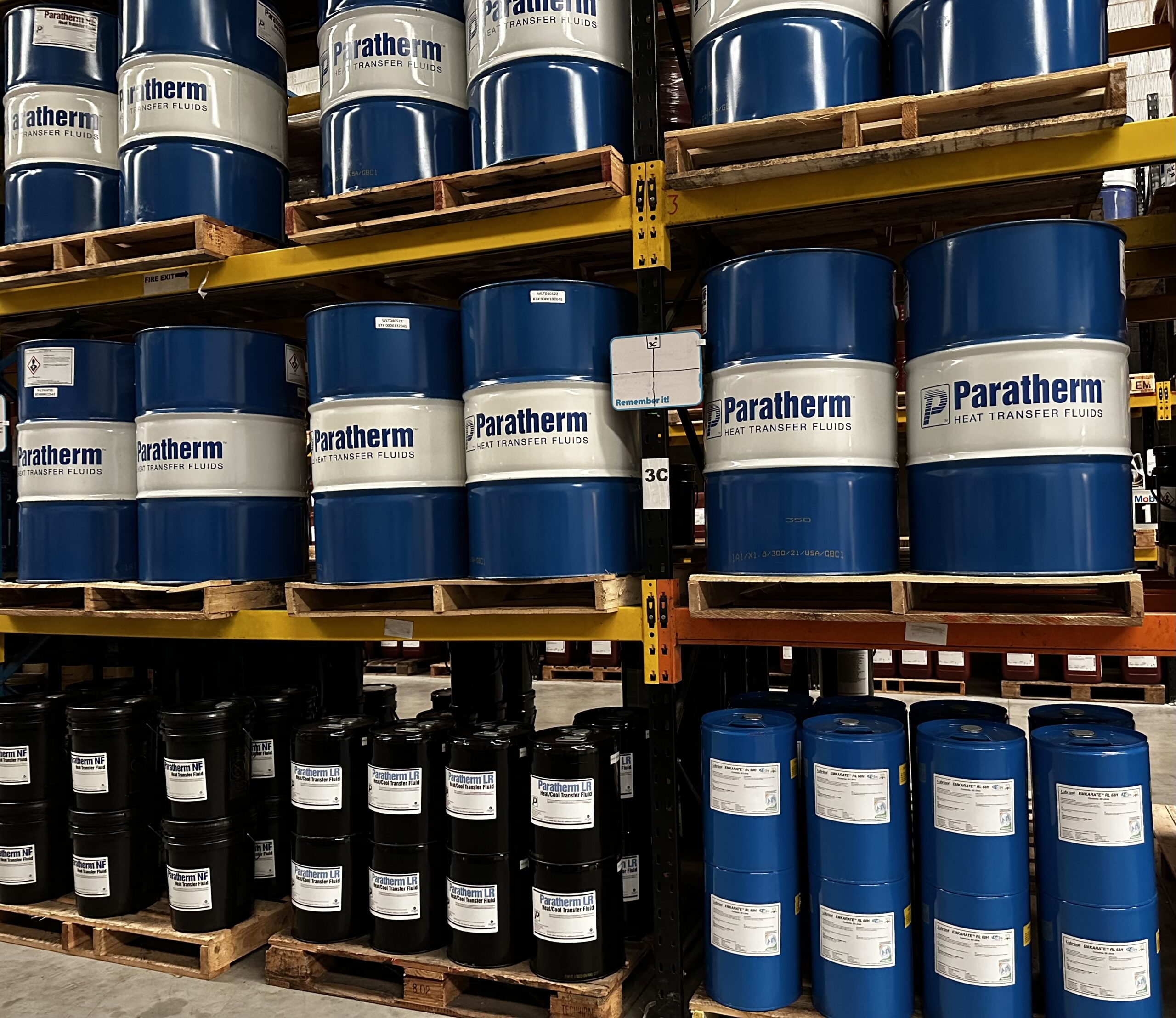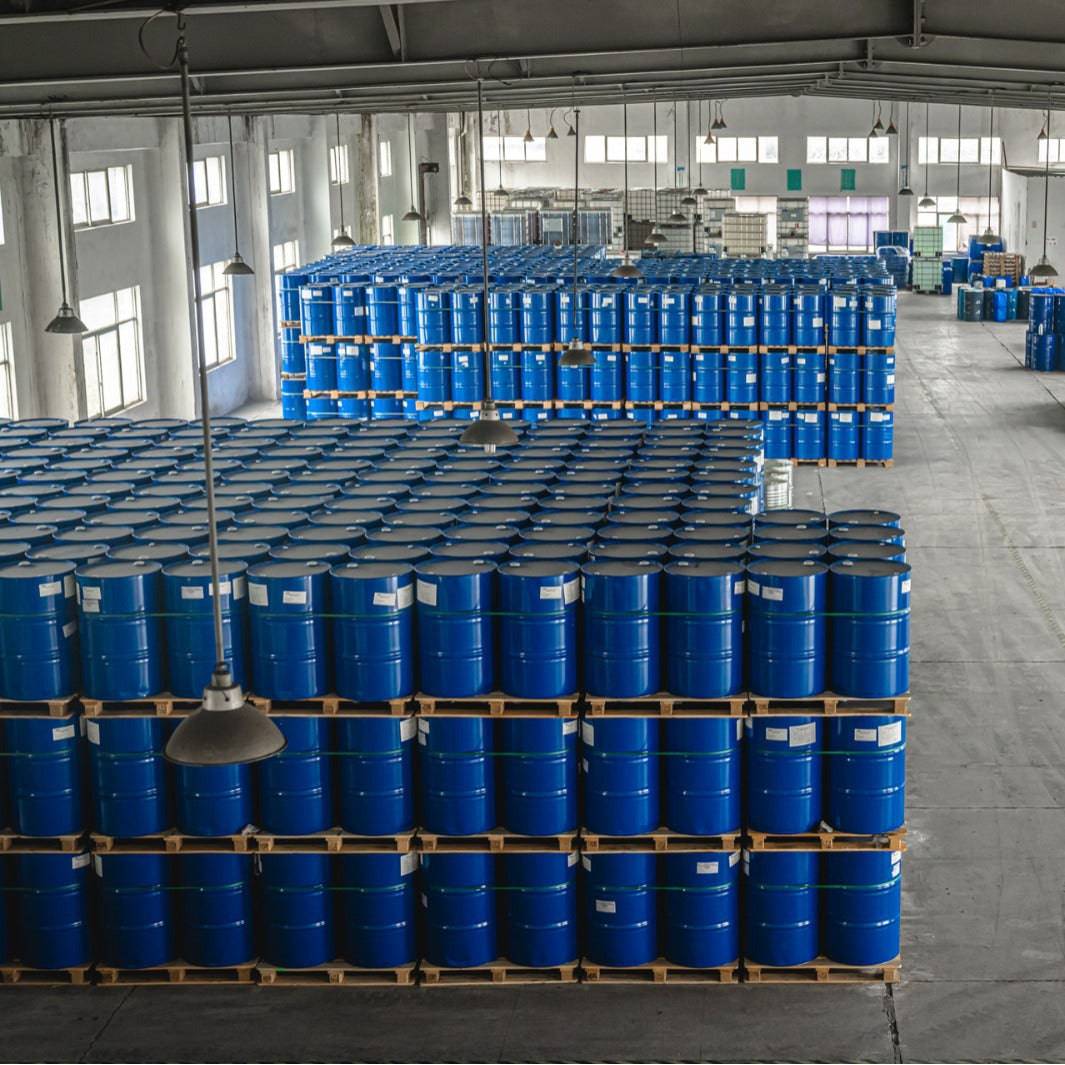Trick Advantages of Using a High-Performance Heat Transfer Fluid
Trick Advantages of Using a High-Performance Heat Transfer Fluid
Blog Article
Why Warm Transfer Liquid Is Vital for Optimizing Energy Transfer in Systems
The duty of warm transfer liquids in enhancing power transfer is pivotal for attaining reliable thermal management throughout various industrial markets. These liquids facilitate seamless warm exchange, making sure procedures operate within optimal temperature varieties and minimizing the threat of getting too hot. Their option, based on factors like viscosity and thermal stability, directly influences the effectiveness and sustainability of a system. Nevertheless, the ins and outs of selecting the appropriate liquid are often ignored. What are the critical considerations for this selection, and how do they impact both economic efficiency and environmental obligation in industrial applications?

Role in Thermal Management
Heat transfer liquids play a critical duty in thermal monitoring by effectively controling temperatures in various commercial procedures and systems. These specialized fluids help with the transfer of heat in between various elements, guaranteeing ideal operating conditions and preventing getting too hot. By keeping exact temperature control, heat transfer liquids allow industries such as chemical production, oil and gas, and power generation to operate safely and successfully.
The choice of a suitable heat transfer liquid depends upon several variables, including thermal stability, warmth capability, and viscosity. High thermal security guarantees that the liquid can stand up to extreme temperature levels without deteriorating, while a high heat ability enables it to soak up and release significant amounts of warmth - heat transfer fluid. Low viscosity minimizes the energy needed for pumping, adding to total system effectiveness
Additionally, warmth transfer fluids are integral in applications like refrigeration, where they aid take in and dissipate warmth during the cooling cycle. In solar thermal power systems, these fluids capture and transportation solar heat to create electrical energy or supply warm water. Their flexibility to diverse operating problems and capability to maintain constant thermal performance emphasize their significance in commercial thermal management, facilitating operational connection and improving safety procedures.

Enhancing System Efficiency
To make the most of the benefits of thermal administration, improving system performance via the critical usage of heat transfer fluids is paramount. By maintaining optimal temperature levels, heat transfer fluids help guarantee that systems operate within their developed specifications, thus stopping getting too hot and minimizing the danger of element failure.

Kinds Of Warm Transfer Fluids
The variety of heat transfer fluids emphasizes their essential role in a range of industrial applications, each customized to fulfill details thermal monitoring demands. These fluids help with efficient power transfer and are picked based upon crucial buildings such as thermal security, viscosity, and heat ability. The key types include water, glycol solutions, oils, and synthetics, each offering distinct benefits.
Water is the most typical warm transfer tool due to its high certain heat ability and low price. Mineral oils are favored for their thermal security and non-corrosive nature, making them appropriate for high-temperature applications.

Synthetic liquids, including silicone and fragrant compounds, offer phenomenal thermal security and are utilized in settings demanding severe temperature varieties. These liquids try this web-site make certain remarkable efficiency in systems where typical liquids might fall short. The selection of a heat transfer fluid is important, as it affects system efficiency, security, and durability. Each type needs to be selected to line up with the functional needs and the certain problems of the application it offers.
Environmental and Economic Benefits
Utilizing the right heat transfer liquids supplies considerable environmental and economic advantages for industrial procedures. By picking fluids with exceptional thermal stability and high heat ability, sectors can improve energy efficiency, leading to lowered gas usage and lower greenhouse gas emissions. This adds to a smaller sized carbon footprint and aligns with international sustainability objectives. Eco-friendly warmth transfer liquids, usually biodegradable and safe, decrease the threat of soil and water contamination in the event of leakages or spills, therefore securing ecological communities and abiding by rigorous ecological policies.
Economically, the best look at this now heat transfer fluid can considerably decrease operational costs. Fluids with extensive lifecycle efficiency lower the regularity of substitutes and upkeep, decreasing downtime and connected expenses. In general, the strategic usage of optimum warm transfer fluids supports lasting financial development and ecological stewardship.
Picking the Right Liquid
Just how does one navigate the intricate process of selecting the appropriate heat transfer liquid for industrial applications? Thermal stability makes sure the liquid can endure high temperature levels without deteriorating, while compatibility protects against corrosion or various other detrimental responses with system parts.
Additionally, the liquid's warmth capability and viscosity are critical. A high heat ability permits the fluid to absorb and move even more energy, enhancing efficiency.
Verdict
The strategic choice and application of heat transfer liquids are essential to maximizing energy transfer throughout various systems. By making certain high thermal stability and ability, these fluids give accurate temperature level control and improve overall system effectiveness.
Report this page